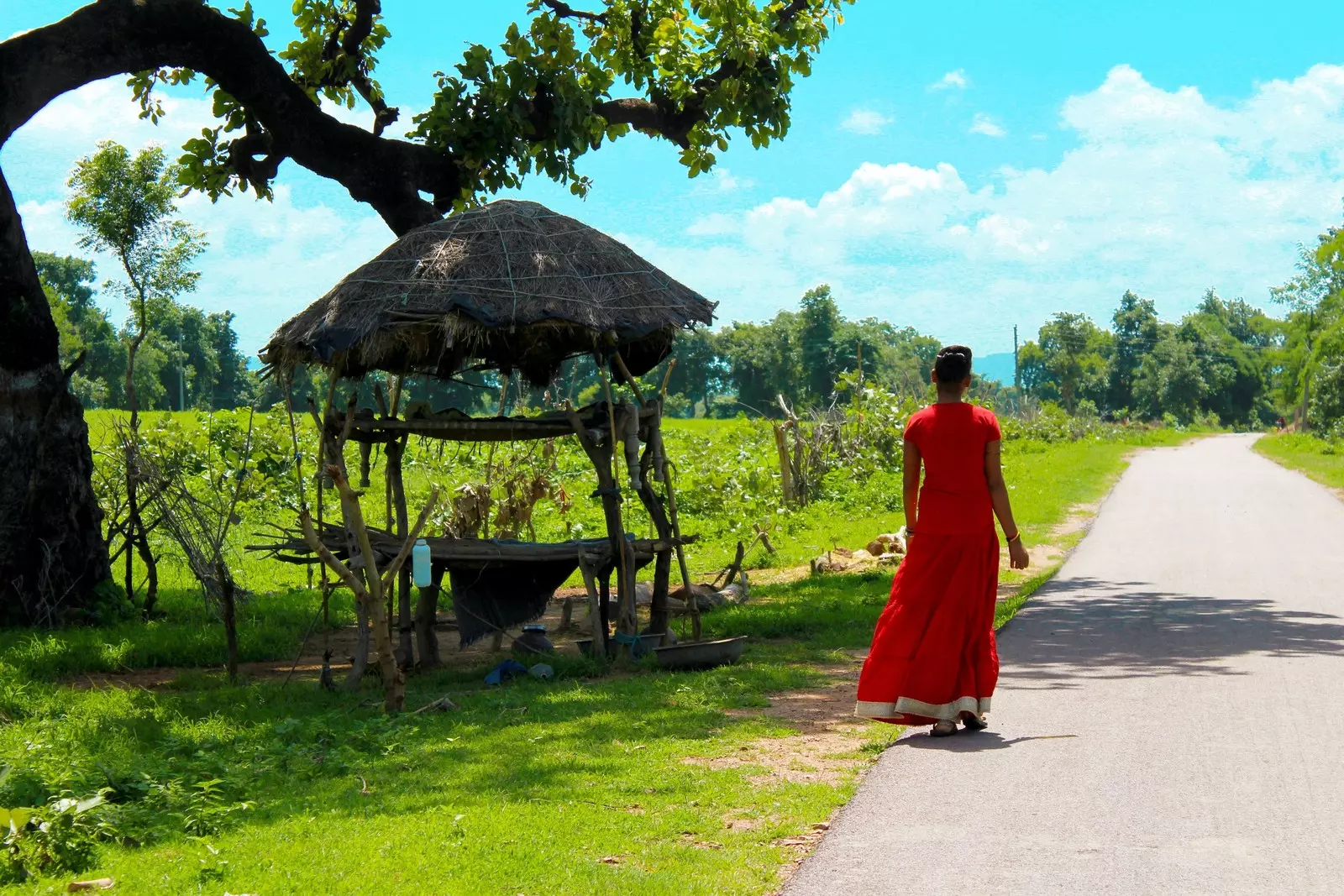2024 in review: North- South Integration, the global future
Source: Economic Times
Date: 23 January 2024
There has never been a compelling reason for humanity to recognise a North-South world – until now. Climate change, the biggest and most rapid environmental transformation humanity has ever experienced, tilts our planet’s strategic axis from west-east to south-north. With every lifeform on the planet instinctively migrating toward the poles, our world enters a decades-long period of turbulence.
2024 in review: South Asia Most at Risk
Source: CNBC
Date: 23 January 2024
South Asia is likely to have the most people displaced by climate change due to the density of its populations and its vulnerability to the effects of climate change, he added. In particular, he noted that Bangladesh, Pakistan and Afghanistan are likely to be the most affected.
The Third Pole’s top stories of 2023
Source: The Third Pole
Date: 19 Oct 2022
The water-stressed Barind Tract in Bangladesh, crucial for 40% of the nation’s rice, faces issues of private pump ownership and state bureaucracy control, exacerbating the plight of marginalized communities. In Nepal, community-run ‘zoos’ in conservation-focused community forests inadvertently harm wildlife due to lack of supervision. An online panel dissected the Joshimath disaster, shedding light on construction-induced land subsidence. Medical practices in India obscure heat-related deaths. Pakistani women bear lasting impacts from climate disasters, emphasizing unequal resource access. Ho Chi Minh City’s poorest districts face irreversible climate impacts. Mangrove-shrimp farming challenges in the Mekong Delta reveal discrepancies in climate adaptation programs. Pakistani trans communities confront exclusion in disaster relief. A multilingual climate change glossary fosters understanding in South Asian languages.
Five major shifts that have taken place since the Paris Agreement
Source: EuroNews
Date: 26 Dec 2023
The climate crisis has spurred five positive shifts since the 2015 Paris Agreement, offering hope amid rising emissions and global disasters, according to a study by the NewClimate Institute. Firstly, climate discourse has become mainstream, with global awareness rising from 40% in 2014 to 60% in 2020. Secondly, over 90 countries, representing 80% of emissions, now aim for net-zero, reducing temperature rise predictions from 3.6-3.9°C to 2.7°C by 2100. Thirdly, investors and businesses face pressure to act, with sustainable investments on the rise. Fourthly, renewables are now cheaper than fossil fuels, and finally, the electrification of buildings and transport is progressing rapidly.




